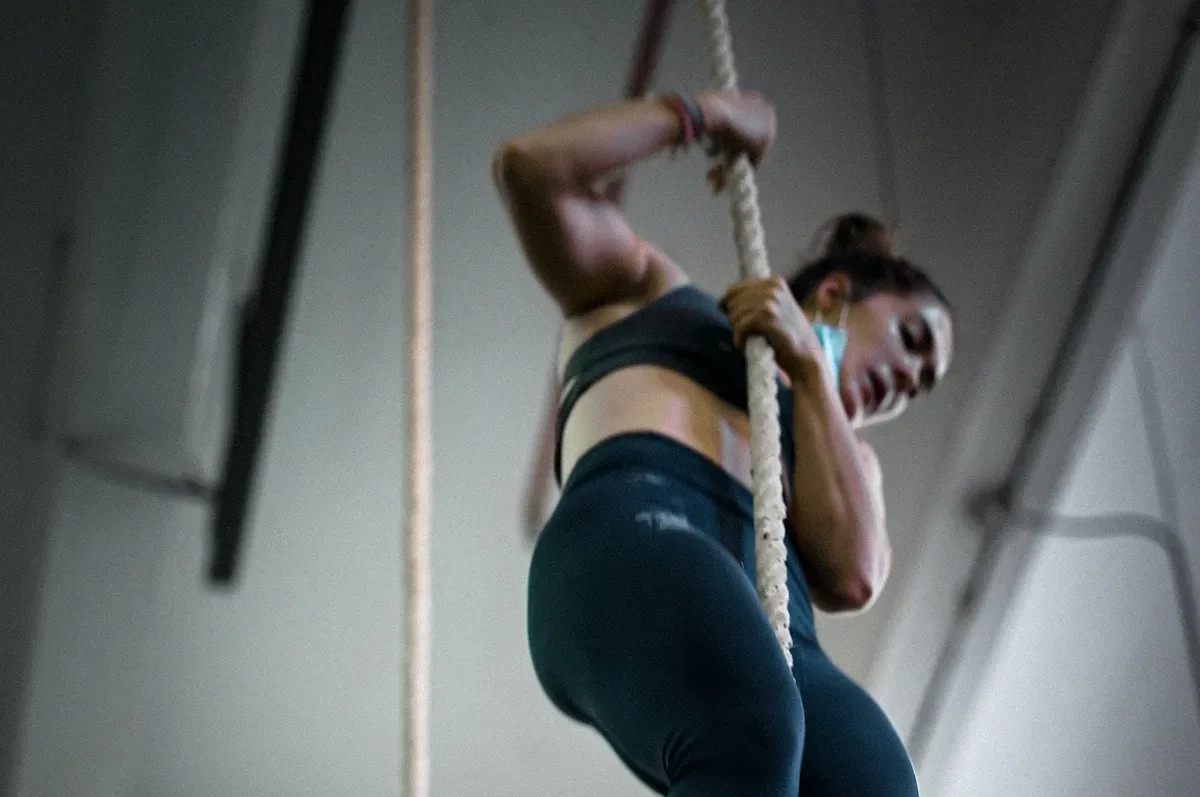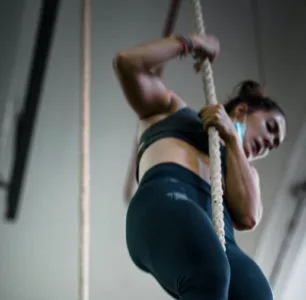Strong chest muscles are beneficial for rugby players. Strong chest muscles, especially pectoral muscles, help players in tasks such as pushing opponents in scrums, making tackles, and jumping to catch high balls. Additionally, a strong chest can also help to improve overall upper body strength and stability, making players better equipped to handle the physical demands of the sport.
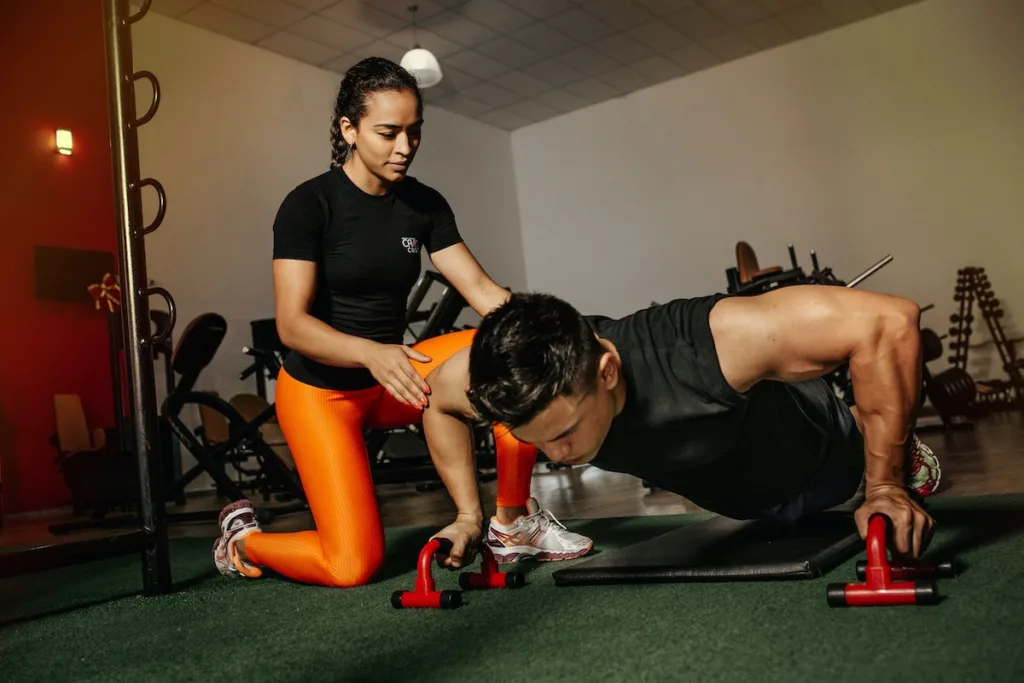
What are the chest muscles
The chest muscles, also known as the pectoral muscles, refer to a group of muscles in the chest region of the human body. The primary chest muscles are the pectoralis major and the pectoralis minor. The pectoralis major is the larger of the two muscles and is responsible for movement in the shoulder joint, as well as aiding in movements of the upper arm. The pectoralis minor lies underneath the pectoralis major and helps to stabilise the shoulder blade. Both of these muscles are commonly targeted in resistance training exercises for upper body strength and development.
What do the pectoral muscles do?
The pectoral muscles, also known as the chest muscles, play an important role in various upper body movements. The main functions of the pectoral muscles include:
- Shoulder Flexion: The pectoral muscles are responsible for bringing the arm forward, as in the movement of a punch or a high-five.
- Shoulder Adduction: The pectoral muscles also help to bring the arm toward the center of the body, as in the movement of bringing both arms together in front of the chest.
- Shoulder Horizontal Adduction: The pectoral muscles help to bring the arms across the front of the body, as in the movement of crossing your arms in front of your chest.
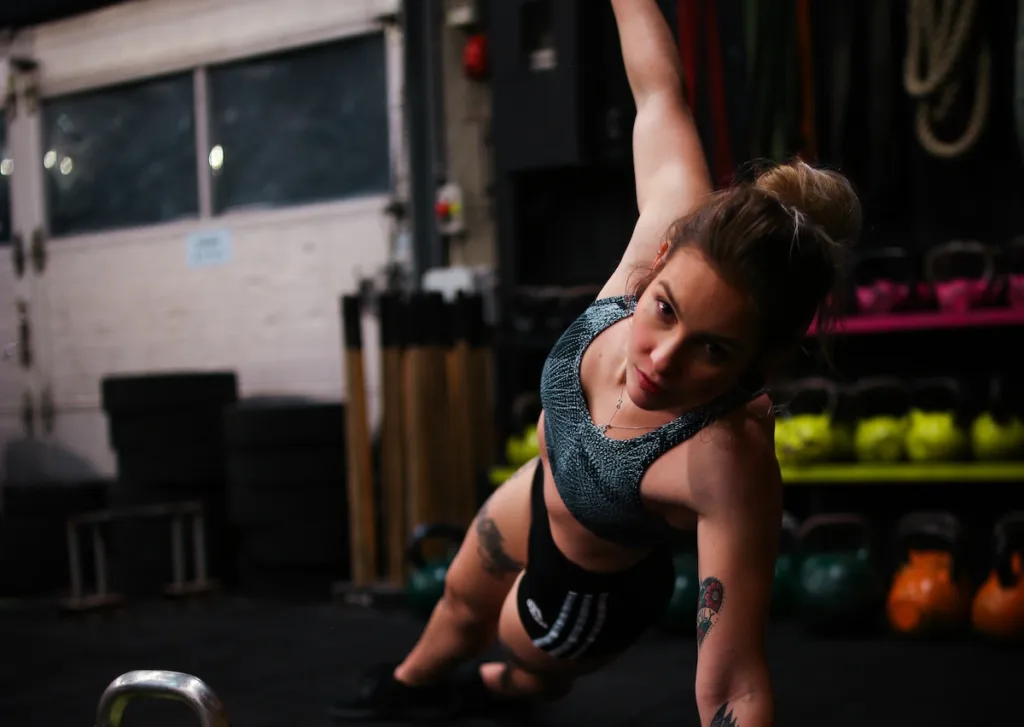
- Medial Rotation of the Humerus: The pectoral muscles help to rotate the upper arm inward, as in the movement of bringing your arm across your body.
- Stability: The pectoral muscles also play a role in stabilising the shoulder joint, which is important in activities such as throwing a ball or lifting weights.
These muscle actions are crucial for daily activities and athletic movements, making the pectoral muscles an important target for strength and conditioning exercises.
What exercises are good to build up strong chest muscles.
There are several exercises that are effective for building strong chest muscles, including:
- Barbell Bench Press: This is a classic exercise for the chest, performed on a flat or incline bench using a barbell.
- Dumbbell Flys: This exercise targets the chest muscles by isolating the movement of the arms and shoulders, which helps to build chest strength and definition.
- Push-Ups: A bodyweight exercise that involves pushing up from the floor, push-ups are a great way to build overall upper body strength, including the chest muscles.
- Dips: This exercise involves lowering and raising the body using parallel bars, which works the chest, triceps, and shoulders.
- Cable Crossovers: This exercise involves standing between two cable machines, crossing the cables in front of the body to work the chest muscles.
It’s important to note that in order to see results and avoid injury, proper form and progression of weight or resistance should be followed, and it’s also helpful to include exercises that target other upper body muscle groups such as the triceps and shoulders. Additionally, incorporating a variety of exercises can help to target the chest muscles from different angles, leading to a well-rounded, balanced development.
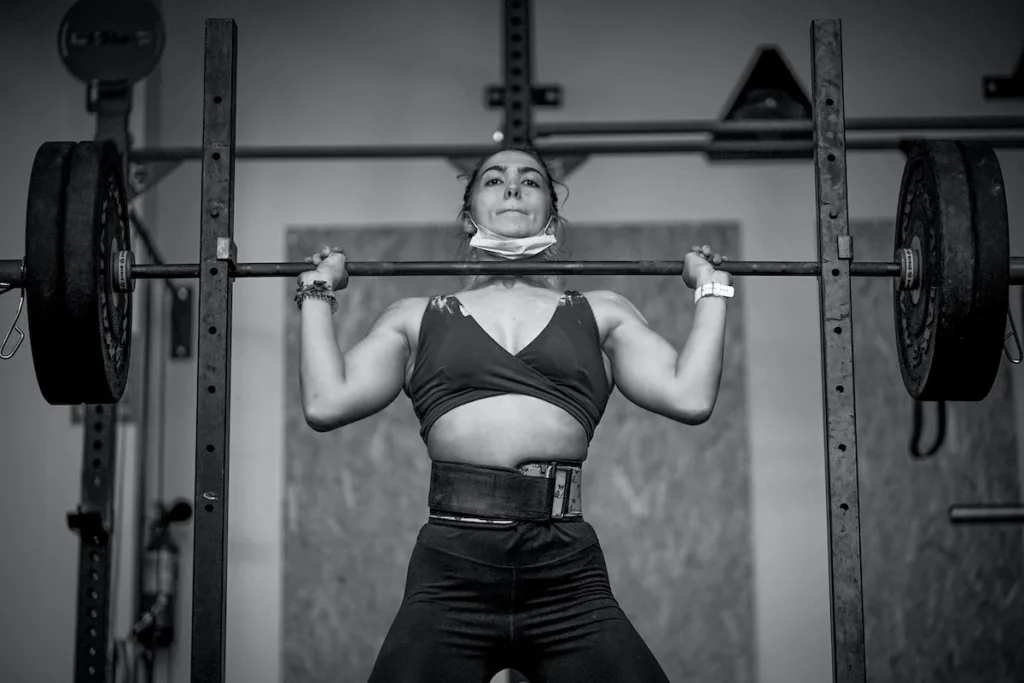
Are pec injuries common?
Chest or pectoral muscle injuries, while not extremely common, can occur in certain activities or sports that involve repetitive upper body movements or heavy lifting. Pectoral muscle strains or tears can result from overexertion or improper form during resistance training exercises, as well as from contact or collision injuries in contact sports such as football or rugby.
Injuries to the pectoral muscle can range from mild strains to complete tears of the muscle, and can cause pain and discomfort in the chest region, as well as loss of strength and mobility in the affected arm. Treatment for pectoral muscle injuries typically involves rest, physical therapy, and in severe cases, surgery.
To reduce the risk of pectoral muscle injuries, it is important to use proper form and technique during resistance training exercises, warm up thoroughly before engaging in physical activity, and gradually increase weight or resistance over time to allow the muscles to adapt and prevent overuse injuries.
